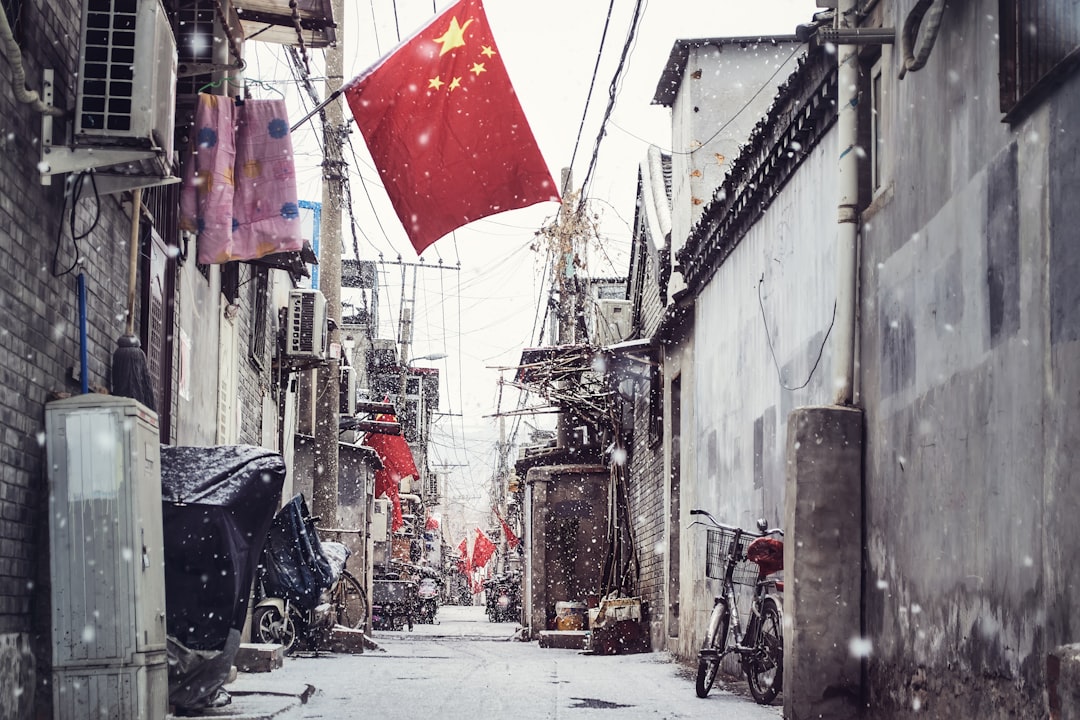SEO Meta Description: Get practical tips on adapting to China’s GMP regulations to ensure compliance, minimize risks, and achieve market success.
Introduction
Entering the China market offers unparalleled opportunities, especially in sectors like pharmaceuticals, where China stands as a global powerhouse. However, success hinges on understanding and adapting to China’s Good Manufacturing Practice (GMP) regulations. This guide provides essential tips for international firms aiming to navigate these regulations effectively, ensuring compliance, minimizing risks, and achieving sustainable market success.
Understanding China’s GMP Regulations
The Core of China’s GMP Standards
China’s GMP regulations are designed to ensure the quality and safety of pharmaceutical products. These standards encompass rigorous documentation, comprehensive staff training, and stringent quality control measures. Unlike some international GMP standards, China’s regulations include unique procedural nuances that reflect its regulatory and cultural context.
Comparison with International GMP Standards
While there are similarities between China’s GMP standards and those of bodies like the US FDA or the European Medicines Agency, key differences exist in auditing processes and handling deviations. Recognizing these distinctions is crucial for seamless China market adaptation.
Essential Adaptation Tips
Meticulous Documentation
In China’s GMP framework, documentation is not just a formality but the backbone of compliance. Maintaining detailed and accurate records ensures traceability and accountability in all manufacturing processes. International firms must prioritize comprehensive documentation, encompassing everything from raw material procurement to process validation reports.
Comprehensive Staff Training
Continuous education and training are vital to align your workforce with China’s GMP requirements. Implement ongoing training programs that cover the specifics of Chinese regulations, technical aspects of drug manufacturing, and the ethical responsibilities inherent in pharmaceutical production.
Building Local Partnerships
Collaborating with local experts can significantly ease the adaptation process. Local partners offer invaluable insights into regulatory requirements, market dynamics, and cultural nuances, acting as a bridge between your international operations and the Chinese market. Successful partnerships are built on clear expectations, mutual respect, and aligned goals.
Benefits of Compliance
Enhanced Market Reputation
Full adherence to China’s GMP regulations not only ensures compliance but also bolsters your company’s credibility in the Chinese market. A strong reputation for quality and safety can lead to increased consumer trust and loyalty, driving higher sales and long-term success.
Operational Efficiency
Compliance with GMP standards leads to optimized production processes, reduced waste, and consistent product quality. These efficiencies translate into cost savings and improved operational performance, providing a competitive edge in a lucrative market.
Risks of Non-Compliance
Legal Repercussions
Failure to comply with China’s GMP regulations can result in severe penalties, including hefty fines, bans, and facility shutdowns. These legal challenges can divert resources and hinder your company’s ability to operate effectively in the market.
Damage to Brand Image
Non-compliance can tarnish your brand’s reputation, leading to diminished consumer trust and loyalty. In an interconnected world, news of regulatory breaches can spread rapidly, causing long-term damage that may be difficult to repair.
Preparing for Success
Audit Readiness
Ensure that your operations are always audit-ready by maintaining meticulous records and adhering to GMP standards consistently. Regular internal audits can help identify and rectify compliance gaps before they escalate into major issues.
Staying Agile
The regulatory landscape in China is dynamic, with frequent updates and changes. Stay informed about the latest regulatory shifts and adapt your strategies accordingly to remain compliant and competitive.
Conclusion
Adapting to China’s GMP regulations is a strategic imperative for international firms aiming to succeed in one of the world’s largest pharmaceutical markets. By prioritizing meticulous documentation, comprehensive staff training, and building strong local partnerships, businesses can navigate the complexities of China market adaptation effectively. Embracing these practices not only ensures compliance but also lays the foundation for sustained growth and market leadership.
“The essence of thriving in China’s pharmaceutical market hinges on adapting to its GMP regulations. Rather than viewing this as a hurdle, firms can turn it into a strategic advantage, ensuring they stay ahead in the game.”
– Tran Doan, Director, Pacific Bridge Medical
Ready to successfully navigate the complexities of the Chinese market? Partner with Ripple Marketing today and transform your market entry strategy into a structured growth engine.

Leave a Reply